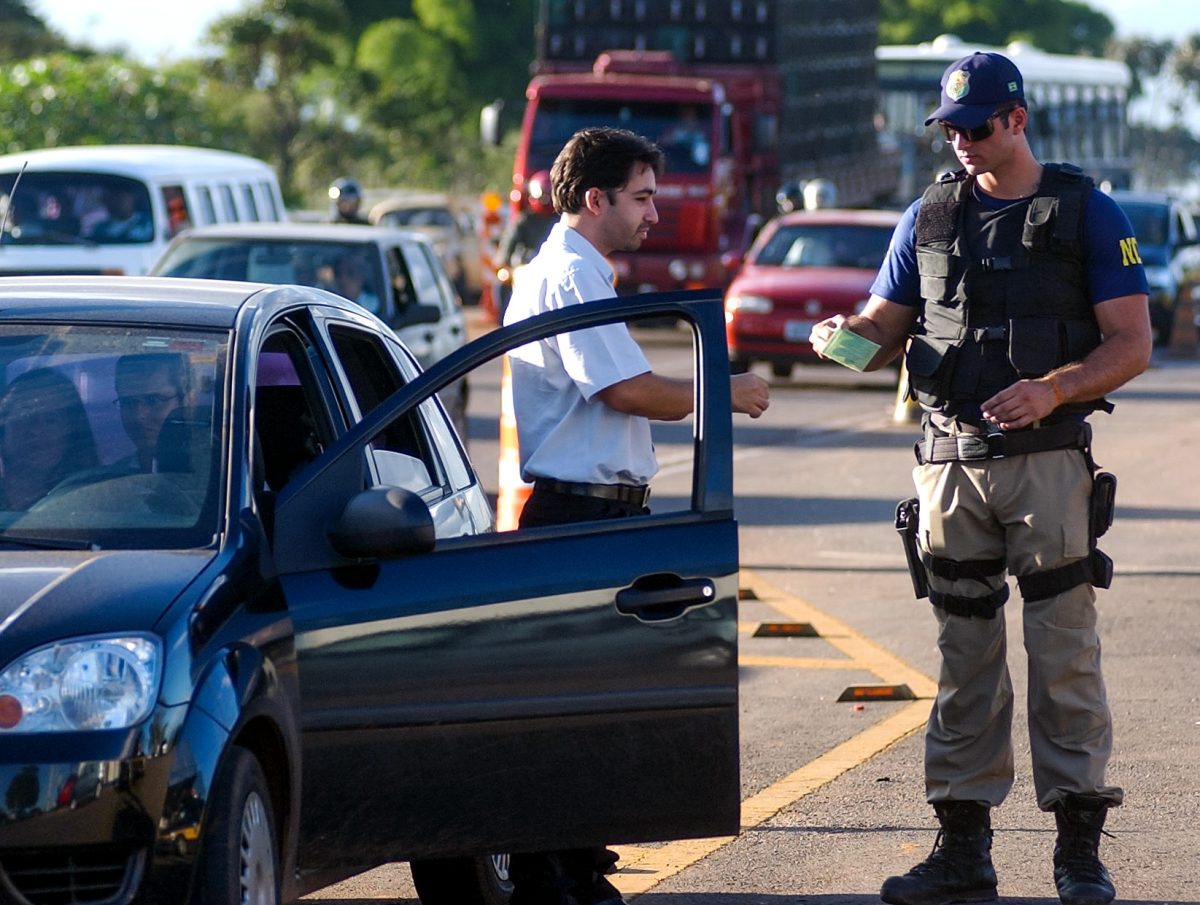In 2010, a Swedish man caught driving his Mercedes 170 kilometers per hour over the speed limit in Switzerland was fined 1,080,000 Swiss Francs (around $1,091,340). The Swiss, like many European countries, use a day fine system to punish offenders. The fine is calculated by dividing the offender’s daily income in half, then multiplying that amount by the number of days the offender must pay. The number of days needed to pay varies by the severity of the offense, so for a speeding ticket, the faster someone travels the longer they have to pay their day fine. According to the World Economic Forum, the Swede had to pay around 3,600 Swiss Francs for 300 days.
Progressive punishment, such as day taxes, uphold justice and create a system where crimes are punished equally for all income levels and ensure that the rich cannot pay for freedom, the poor do not receive unnecessary stress or jail time for a small offense and decreases prison populations.
Unsurprisingly, day fines have caused much outrage from extremely wealthy offenders. According to the New York Times, when Finnish businessman Reima Kuisla was issued a ticket for €54,024, he complained on Facebook that “Finland is now an impossible country to live in for people with a large income and wealth!” What he really meant was: ‘I want to move to a country where I can pay to commit crimes like other rich people.’ Well if that’s what Mr. Kuisla is looking for, he should come to the U.S.
America uses a fixed fine system, where there is a set fee for a certain speed over the limit. The average speeding ticket is usually around $200. To someone making $50,000 this fee would prompt them to slow down. For someone working minimum wage, it could make the difference between going to jail or paying for food. Yet for someone like Mr. Kuisla, $200 is merely pocket change.
Having fixed fines guarantees a flawed overall justice system since those who can afford to break laws have the upperhand. According to the Los Angeles Times, 60 percent of jails are filled with people awaiting trial, not even declared guilty, simply because they could not afford their bail. Even small crimes, like driving with an expired licence, can get you jail time if you can’t scrape together a few thousand dollars to be released. In contrast, the rich can get away with nearly any crime. In 2017, wealthy real estate heiress Tiffany Li, who was accused of murdering the father of her children, was able to pay her $35 million bail and remain in house arrest at her California mansion. At the same time, Joseph Warren suffered in jail awaiting trial for welfare fraud, a much smaller crime than murder, because he could not pay his bail.
Implementing a day fine system in the U.S. would not solve all of our criminal justice issues, but it would be a good first step towards having equitable punishments. The U.S. is currently the number one country in incarceration. Our prisons are overfilled, mostly with people whose only crime was being too poor. Germany, where day fines are used extensively, has one of the lowest prison population rates (people imprisoned per 100,000 people) in the world, as well as one of the lowest crime rates. The Germans use day fines for more than just minor offenses, including property crimes, fraud and drug offences, and it seems to be working. While the U.S. cannot make such a change immediately, transitioning to a day fine system for minor offenses and bail prices would make a significant impact by itself.
Some people complain that progressive punishments are unfair, but they fail to realize that when poor people are fined more than they can pay, they lose a lot more than money. The added stress and the possibility of losing their home, belongings and even their job is much worse of a punishment than the fine itself. To make matters worse, a Stanford Law Review article found that people awaiting trial in jail are more likely to commit crimes once released and more likely to plead guilty even if they are innocent. In contrast, Germany, which only sends about 10 percent of convicted criminals to jail, is experiencing its lowest crime rate in decades.
As fewer Americans favor harsh punishments like long prison sentences and death penalties, it’s a good time to consider day fines. Calculating tickets and bail based on income is not only much more fair, but also common sense. Why should the poor have to pay a higher percentage of what they make as a rich person for the same offense? Progressive punishment is the key to holding the wealthy accountable and reducing incarceration rates.
Progressive punishment: Should fines be based on income?
September 25, 2019
Photo by Creative Commons
Police Ticket
Donate to The Battalion
Your donation will support the student journalists of Texas A&M University - College Station. Your contribution will allow us to purchase equipment and cover our annual website hosting costs.





















